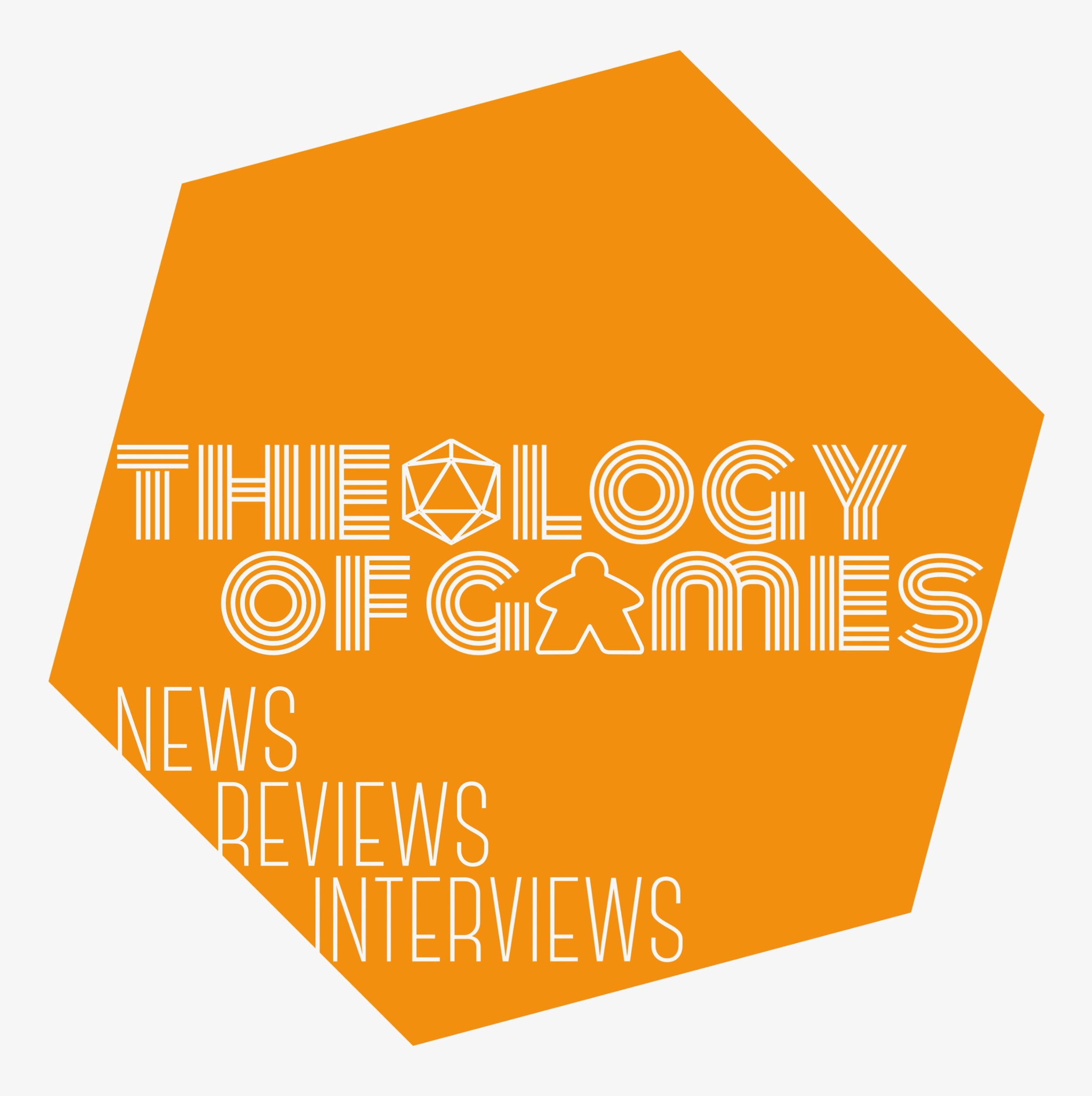We Review Plato 3000
/By Firestone
 I like being surprised by a game—well...pleasantly surprised, anyway. I opened up my recently arrived, Kickstarted copy of Glory To Rome and found a small card game that I’d completely forgotten was a stretch goal. It’s called Plato 3000, and it’s basically rummy with special powers.
I like being surprised by a game—well...pleasantly surprised, anyway. I opened up my recently arrived, Kickstarted copy of Glory To Rome and found a small card game that I’d completely forgotten was a stretch goal. It’s called Plato 3000, and it’s basically rummy with special powers.
The game comes with a 54-card deck of illustrated cards. The artwork is pretty cool; it’s kind of an apocalyptic steampunky series of machines in different kinds and colors. There’s also a rules reminder card—it would have been nice if there’d been more than one, though.
You shuffle the cards, deal 10 to each player, and then place the remaining cards on a Draw deck. There are two discards on either side of the Draw pile—a Scrap discard and a Research discard. A turn consists of drawing a card—either blindly off the top of the Draw deck, or off the top of either discard pile. If you draw off the Draw pile, you draw two and keep one—discarding the other to the top of the Research discard. Then you can play one Theory card (which all have special things they let you do), lay down one meld of three or more Job cards, and/or lay off on melds your opponent has down. Then you discard a card to the Scrap pile.
 The various colors have special powers once they’re down in front of you as a meld. The Priest lets you lay down a meld when you have only two of a color. The Farmer lets you keep both cards when you draw off the top at the beginning of the turn. And the Soldier lets you attack your opponent’s melds and remove cards from them.
The various colors have special powers once they’re down in front of you as a meld. The Priest lets you lay down a meld when you have only two of a color. The Farmer lets you keep both cards when you draw off the top at the beginning of the turn. And the Soldier lets you attack your opponent’s melds and remove cards from them.
 Just as in Rummy, once someone discards his or her last card, the hand is over. Cards in front are positive points, and cards in your hand are negative points. There are a few other scoring cases, but that’s basically it: rummy with special powers. You continue playing until someone reaches 100 points, which seems to be four or five hands. There are rules for team play, but I haven't tried that yet.
Just as in Rummy, once someone discards his or her last card, the hand is over. Cards in front are positive points, and cards in your hand are negative points. There are a few other scoring cases, but that’s basically it: rummy with special powers. You continue playing until someone reaches 100 points, which seems to be four or five hands. There are rules for team play, but I haven't tried that yet.
It’s a fun little game! Easy to teach, portable, based on a well-known game, and nongamer-friendly.
I guess the best endorsement I can give is this: I got my copy for free, but even if I hadn’t, I would still buy a copy.
Check back soon for our review of Glory To Rome, and thanks for reading!













